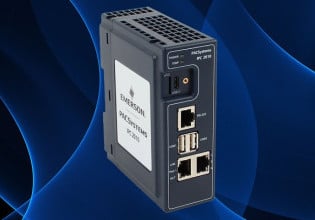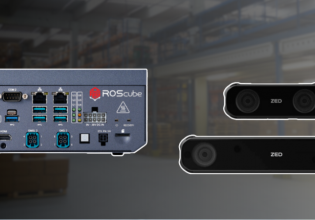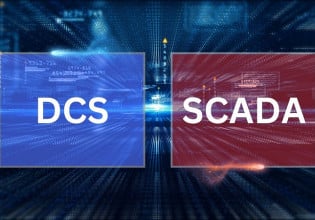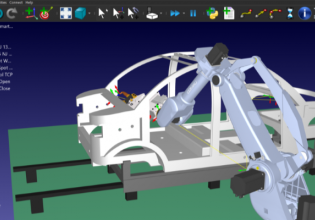C
Hi All
Still working on the training for RSLogix theme. I was wondering if anyone has tried RSLogix with WINE on Linux. Haven't been able to find a suitable platform with a legal, documented, copy of Windows. It seems it's not legal to sell the license with the machine. A customer offered to give me one of a large stack of unused OEM copies he had, but that seems to be illegal as well.
Regards
cww
Still working on the training for RSLogix theme. I was wondering if anyone has tried RSLogix with WINE on Linux. Haven't been able to find a suitable platform with a legal, documented, copy of Windows. It seems it's not legal to sell the license with the machine. A customer offered to give me one of a large stack of unused OEM copies he had, but that seems to be illegal as well.
Regards
cww






